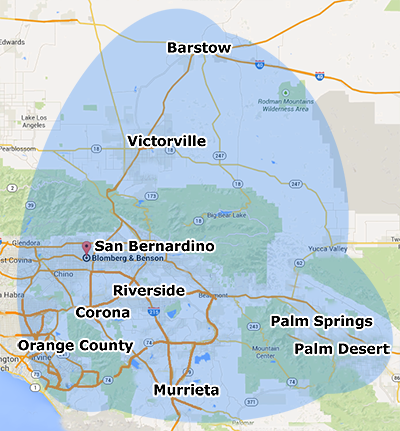Home >> Blog >> Frequently Asked Questions About Wrongful Death
Frequently Asked Questions About Wrongful Death

If you lost a loved one due to negligence or wrongful action of another party, you probably have many questions on how to seek justice. Fortunately, you can file for wrongful death. This article provides answers to frequently asked questions about wrongful death to help you make the right move.
What Elements Do You Need to Prove?
Like any other lawsuit, the court has to consider the merit for you to be eligible for benefits. You should demonstrate that the accused person's actions or inaction led to the loss of your loved one. Your case should involve four significant elements:
- Negligence: You must prove beyond doubt that the death occurred because of the carelessness or negligence of the defendant. If you are dealing with a medical case, for example, you should provide evidence that the doctor administered the wrong medication or used defective tools.
- Causation: You will need to link the death to the causative agent. For example, if a doctor used medication that that your loved one was allergic to, this negligence would have led to their symptoms.
- Breach of Duty: For a successful claim, you should show that the accused owed a duty to the departed family member. For example, drivers have a responsibility to obey traffic rules, and if an accident occurred due to a violation of the rules, the driver had breached the duty.
- Damages: This critical element requires you to present evidence to prove the loss or pain caused by the death of a loved one. The damages include healthcare bills, funeral costs, lost inheritance, and other inconveniences to you and other people who relied on the departed person.
If you pay attention to these four elements, you can substantially strengthen your case.
What Determines Reasonable Compensation?
The court typically considers many factors to determine the final compensation amount. The factors may include your loved one’s age, habits, life expectancy, previous income, expected future earnings, medical history, and number of dependents.
An experienced personal injury lawyer can help you get a reasonable compensation that can keep your family comfortable for an equitable period.
Is the Compensation Taxable?
Since wrongful death benefits fall in the same IRS category as physical injuries compensation, they are tax-free. However, if the damages bring the total of the estate above the statutory exemption, they'll be subject to estate tax.
Don't sign any nondisclosure agreement since the IRS may say it was bargained for and make it taxable. Only sign the agreement if the respondent agrees on paper to take responsibility when the IRS comes to collect taxes.
Do All States Have the Same Rules About Wrongful Death?
No. Some states don't allow certain damage awards, while they're primary in other states. For example, you don't have a legal right to claim wrongful death action when an unborn fetus dies due to unexplained reasons in California. A child must be born alive for the case to be valid.
You should consult your lawyer to understand the law and your legal rights.
Can Anyone Sue for Wrongful Death?
No. The people who are allowed to file for the lawsuit include children and stepchildren, a spouse, parents of minors, grandchildren, people who depended on the deceased, and anyone entitled to inherit the deceased's property.
What Procedural Requirements Should You Observe?
First, you should be among the people allowed to file the lawsuit, and you should not exceed the statute of limitations when you submit your claim.
A seasoned personal injury attorney can come in handy when you want to file for a wrongful death lawsuit. Our lawyers have helped many people get justice and are ready to provide the legal services you need. If you have questions, we'll be happy to answer them. Contact us today.



